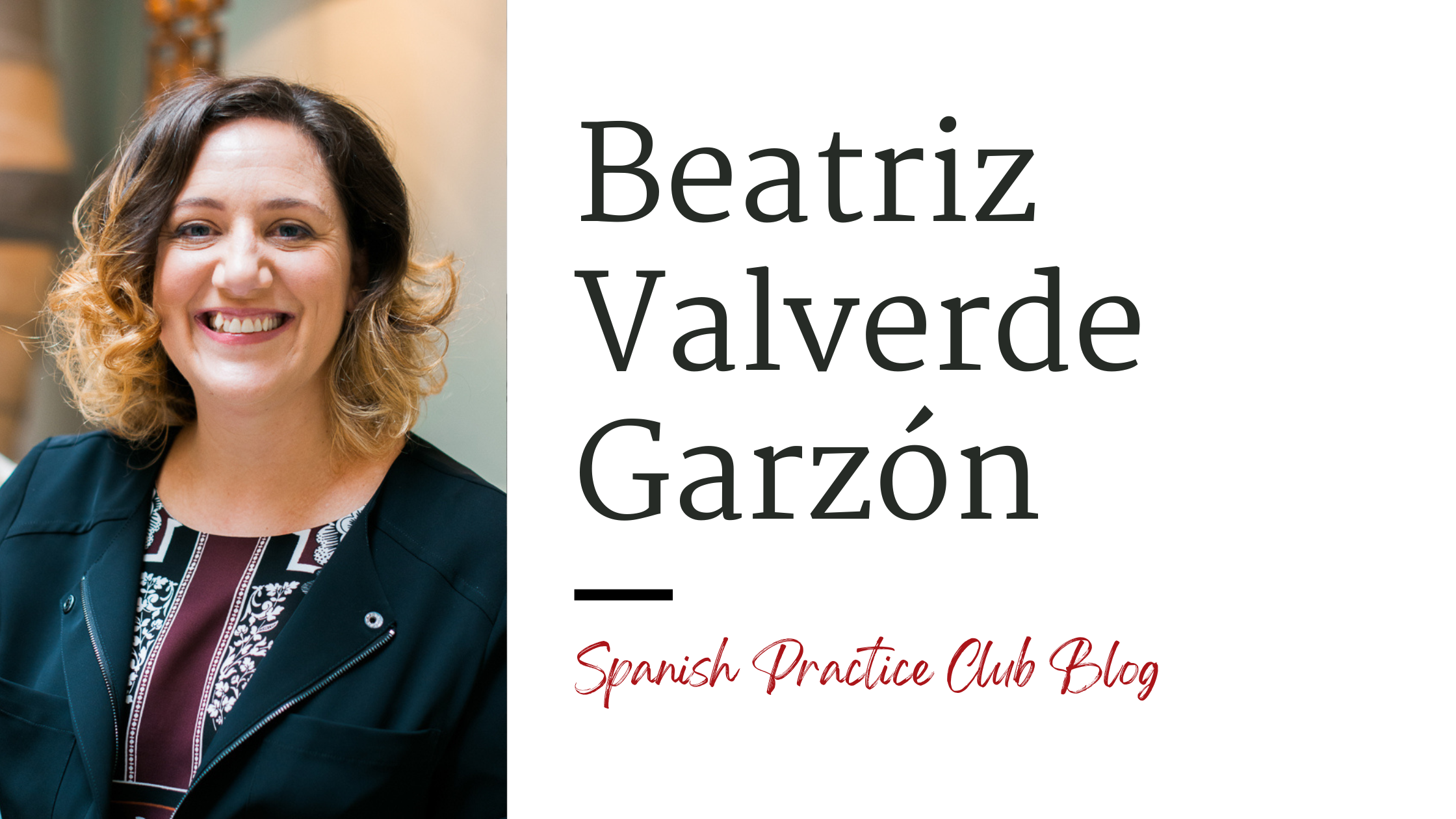Spanish Practice Club Blog
How To Learn The Spanish Language


The best way to create consistency when learning Spanish
“As a working rule, no matter what language you are learning, you can assume that the language will have some way of expressing the meaning that you want to communicate. The trick, of course, is to find out how.” - Chris Londsdale
The best way to create consistency when learning Spanish

Creating SMART goals is an effective way to ensure that your language learning efforts are focused and achievable. SMART stands for Specific, Measurable, Achievable, Relevant, and Time-bound. Here's how you can apply the SMART framework to your Spanish learning goals:
1. Specific:
Make your goal clear and well-defined. Avoid vague statements like "I want to learn Spanish." Instead, specify what aspect of Spanish you want to improve. For example:
"I want to improve my Spanish speaking skills."
"I want to expand my Spanish vocabulary related to travel and tourism."
2. Measurable:
Set quantifiable criteria to track your progress. This allows you to know when you've achieved your goal. For instance:
"I will have a 10-minute conversation in Spanish with a native speaker within three months."
"I will learn 50 new Spanish words every week."
3. Achievable:
Ensure that your goal is realistic and attainable given your current level of proficiency and available resources. Set yourself up for success by:
Assessing your current Spanish skills and identifying areas that need improvement.
Determining how much time you can realistically dedicate to learning each day or week.
Recognizing any potential challenges and planning to overcome them.
4. Relevant:
Make sure your goal is relevant to your overall objectives and interests. It should align with why you want to learn Spanish. For example:
"I want to improve my Spanish speaking skills because I plan to travel to Spanish-speaking countries."
"I want to learn specialized Spanish vocabulary related to my profession as a teacher."
5. Time-bound:
Set a specific timeframe for achieving your goal. A deadline adds a sense of urgency and helps you stay focused. Examples include:
"I will be able to introduce myself confidently in Spanish within one month."
"I will pass the DELE (Diploma in Spanish as a Foreign Language) exam within one year."
By applying the SMART framework to your Spanish learning goals, you'll create clear, measurable, achievable, relevant, and time-bound objectives. This approach enhances your chances of success and provides a structured path to becoming more proficient in Spanish.
Remember to regularly review and adjust your goals as you progress. Celebrate your achievements along the way, and don't be afraid to set new goals to keep your language learning journey exciting and rewarding. ¡Buena suerte! (Good luck!)
